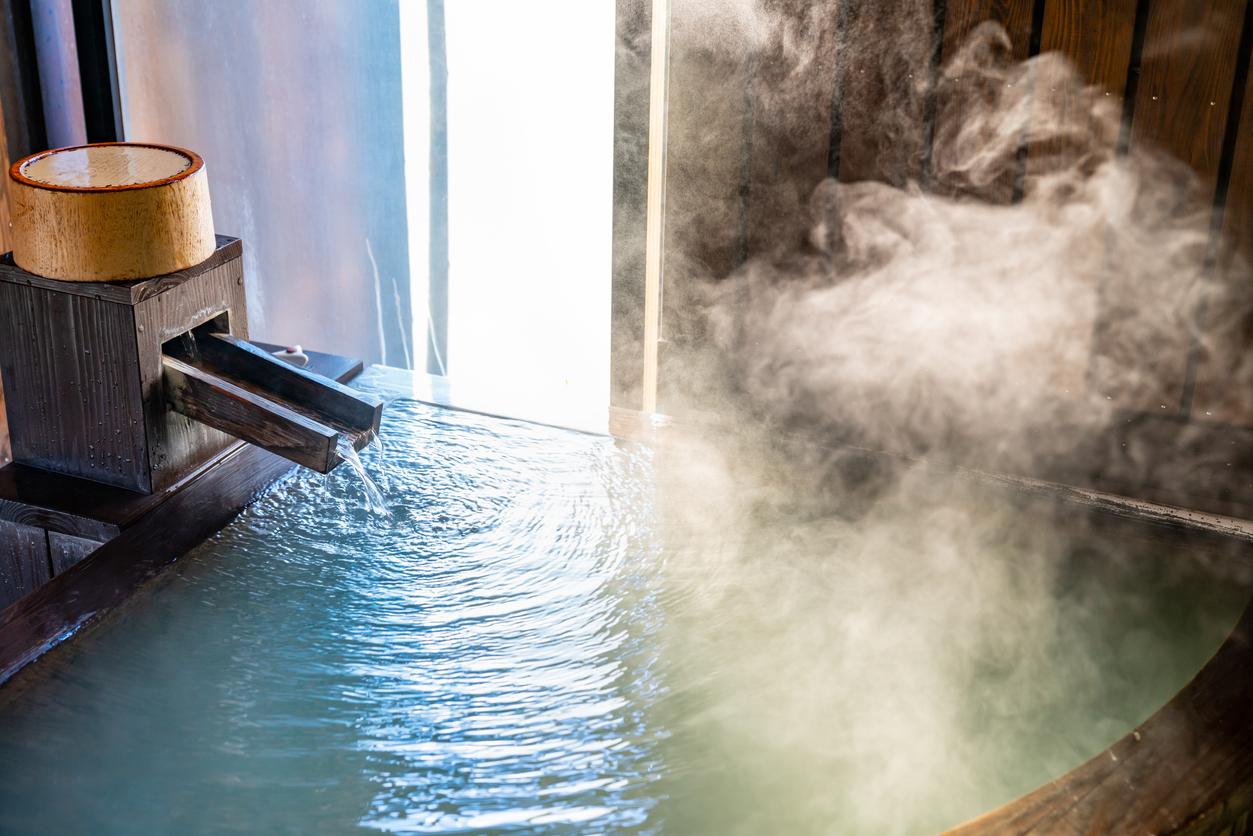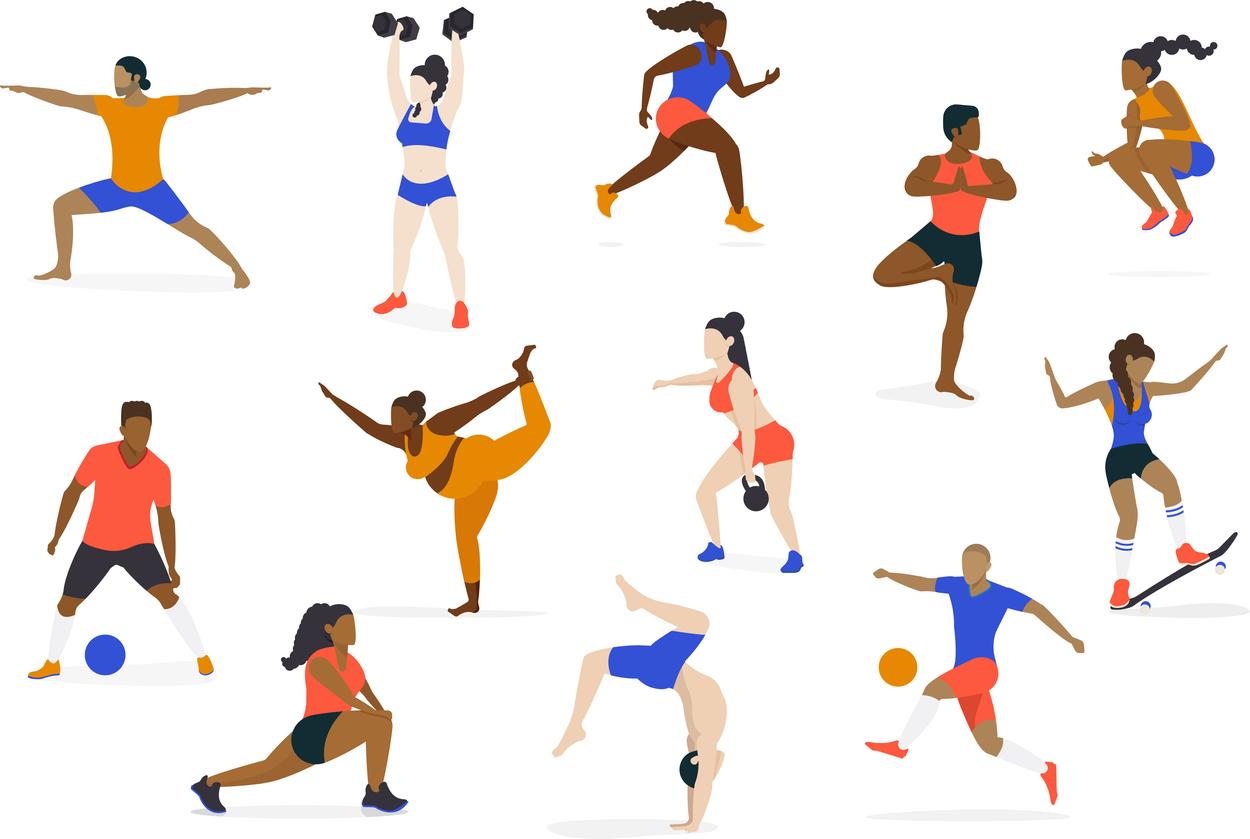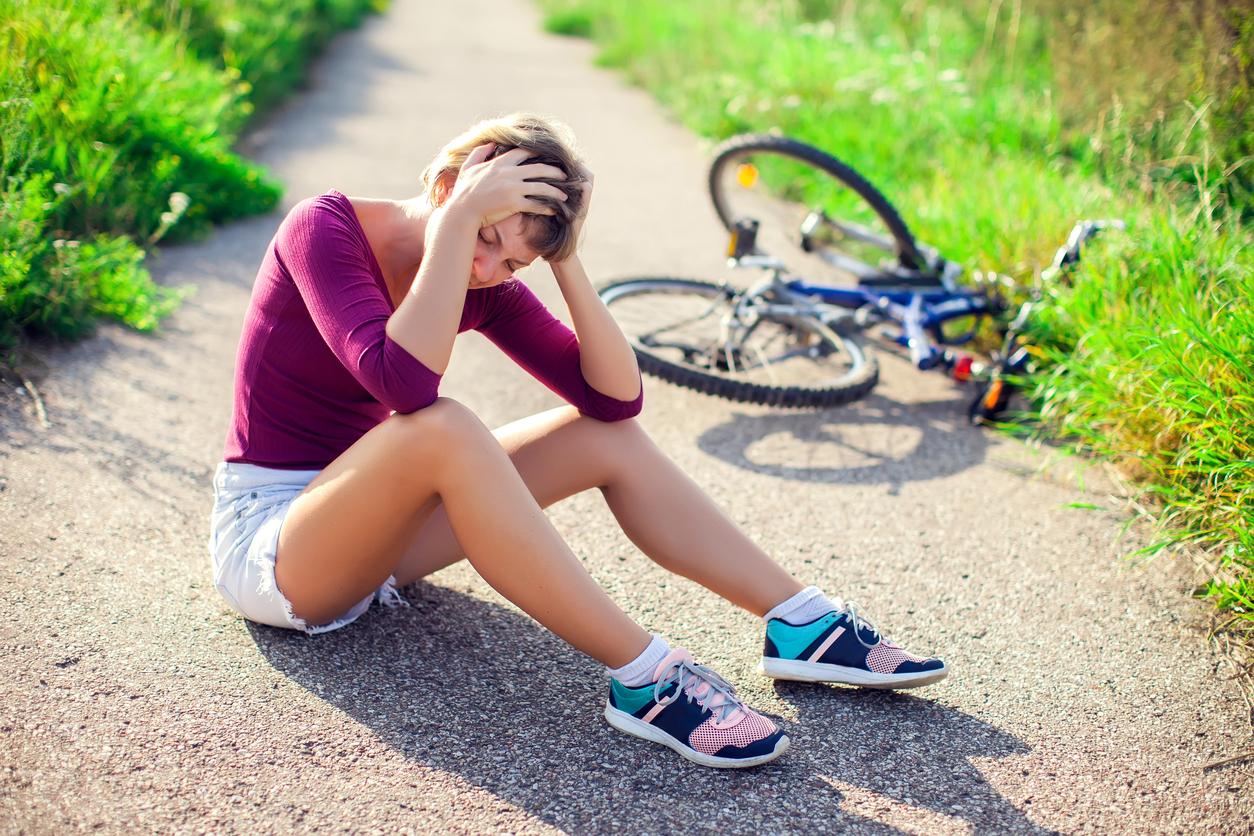Aches, injuries, extreme fatigue: while it is quite normal to suffer a little after exertion, certain more disabling consequences must (and can) be avoided. This is why we asked Romain Palis, sports coach in Paris, to give us some expert advice to better manage your after-sessions.
Don’t stretch too much
Know this: during a major effort, you break muscle fibers to strengthen them better. This is completely normal, but stretching intensively after a workout can just make things worse which shouldn’t be a problem: “You will, in fact, cause lesions. It is counterproductive, explains Romain Palis. In general, after a cardio or weight training session, I recommend doing 20 to 30 seconds of small stretches. No more. And gradually. “
Another point: what you call stretching is perhaps relaxation. “They must be done outside of sports sessions”, warns the coach, who also explains that stretching too intense before the effort is not necessary either: “The idea is just to work on the joints, like the handles and the ankles, but gently.”
Yes you can eat
No post-workout snack is inherently bad. Better still: the fact of feeding you will avoid you a concern of muscular catabolism (that is a loss of mass). If you also want to build yourself a champion body and do weight training, a high protein meal accompanied by fruit will facilitate muscle reconstruction.
But it all depends on what you are looking for: “If your goal is to lose weight, it is better to wait at least an hour before have a snack, specifies Romain Palis. The goal is to let your body draw on its energy reserves. Then you can eat something with a high glycemic index, like a banana. “
Don’t stop suddenly
Protect your heart. After a high-intensity workout, such as running at 12 km / h with interval training, your heart rate can get carried away and rise to 140 beats minutes. It is obviously not his normal appearance, and Romain Palis therefore recommends you “to gradually cool down for 5 to 10 minutes, walking. You can even, if you want, take the opportunity to do a little sheathing.”
Massage yourself!
Have you ever seen top athletes on a massage table? So know that they do not do it (only) for fun. “A massage every day, or at least after each session, it’s really ideal”, explains the expert. “It really promotes recovery. And besides, nothing prevents you from self-massaging. It won’t miraculously make all the aches go away, but it will help a lot.”
And two little bonus tips? “Take rather cold showers, for blood flow, and hydrate! This is all quite useful. ” It’s noted, coach.
Read also:
- Why is walking (really) good for your health?
- How long to run each week to lose weight?
- Why you shouldn’t do sit-ups every day


















